
Robotic “Space Trousers” Built for the Moon Could Soon Support Mobility on Earth
A University of Bristol team has developed a soft robotic exosuit—lightweight “space trousers” worn under a spacesuit—to reduce fatigue and support natural movement during Moon and Mars missions. Hand-sewn and powered by artificial muscles, the suit could also evolve into a mobility aid and rehabilitation tool here on Earth.
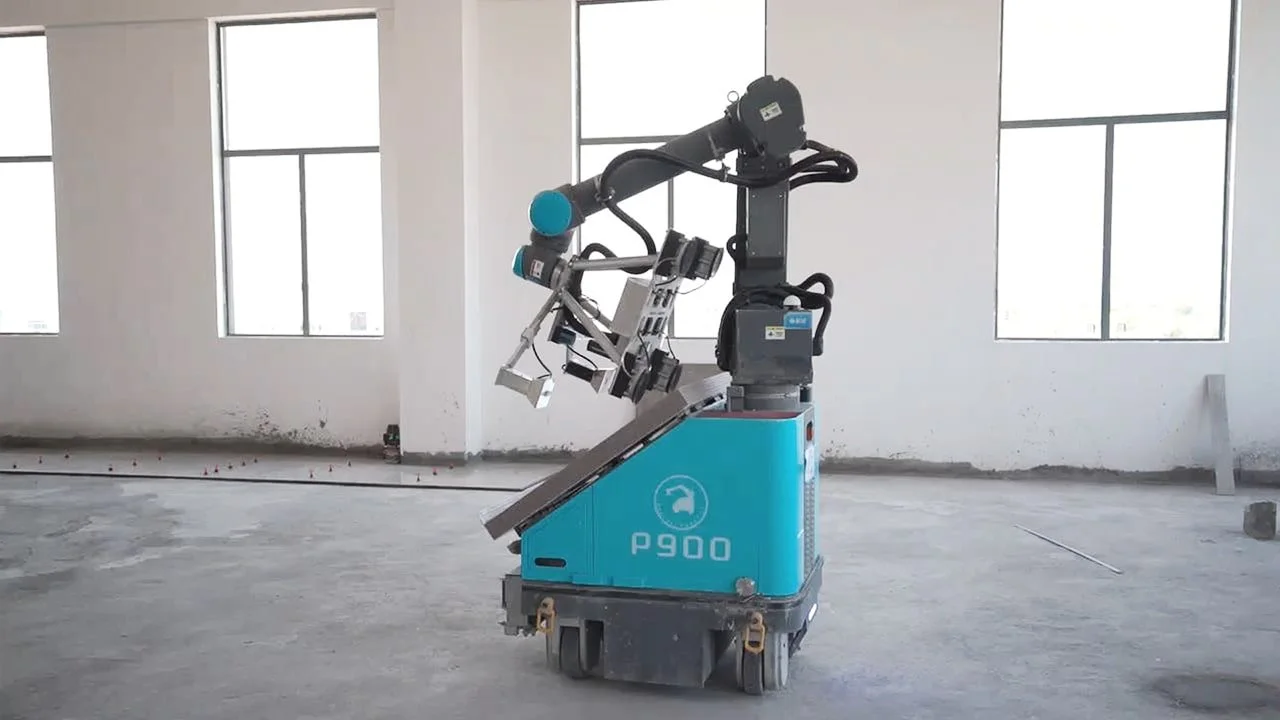
Partner Robotics Secures Series A to Scale Embodied Intelligence in Global Construction
Partner Robotics has raised a Series A to scale its embodied intelligence construction robots globally. With tile-laying and scribing systems already deployed on active job sites, the company is moving automation from demonstration to real productivity, improving speed, consistency, and labor efficiency across Europe, North America, the Middle East, and Asia.

KUNA Unmanned Ground System Showcased to NATO Delegation
The KUNA unmanned ground system, developed from battlefield lessons in Ukraine, was showcased to NATO defense officials in Warsaw. Paired with the RAVEN drone, the modular platform supports reconnaissance and logistics missions with autonomous navigation, extended communication range, and rugged mobility. The demonstration highlighted growing integration of unmanned systems in modern combat operations.

Conducting the Future: How Mizzou Brought a Humanoid Robot to the Marching Band
Mizzou brought tradition and technology together as a humanoid robot named “Grace” conducted Marching Mizzou at halftime. Developed and programmed by engineering students, Grace’s performance showcased hands-on learning, cross-campus collaboration, and the university’s growing leadership in robotics and creativity — where innovation moves in step with school spirit.

iRobot: The Company That Invented a Market — and Now Faces Its Exit
iRobot, once the undisputed leader in home robotics, now faces possible bankruptcy after declining sales, rising competition, and the collapse of its Amazon acquisition. As global rivals out-innovated and underpriced Roomba, the company struggled to adapt. iRobot created the robot vacuum market—but the market has moved on.

Fort Smith Builds Its Future Workforce: UAFS Expands Hands-On Robotics and Automation Training
University of Arkansas - Fort Smith has expanded its Advanced Manufacturing Lab with new robotics and automation equipment, funded through state and HIRED grants. The upgrades give students hands-on experience with real production systems, preparing them for high-demand regional manufacturing roles as companies increase adoption of automation, AI, and digitally enabled workflows.

Korea’s Shipyards Turn to Robotics as Industry Pushes Toward “Smart” Construction
South Korea’s major shipbuilders are rapidly adopting robotics and AI to automate traditionally manual tasks, from welding decks to shaping curved hulls. New collaborative and mobile robots, digital twins, and AI platforms aim to boost efficiency, address labor shortages, and pave the way for fully “smart” shipyards by 2030.

Meili Robots Launches Major Update to Fleet Management Platform, Targeting Multi-Level Warehouses
Meili Robots has released Meili FMS 4.0, a major upgrade to its fleet management platform introducing multifloor control for AMRs. The update includes a redesigned dashboard, improved usability, and new customization options, enabling warehouses to coordinate mixed robot fleets across multi-level facilities for greater efficiency and scalable automation.
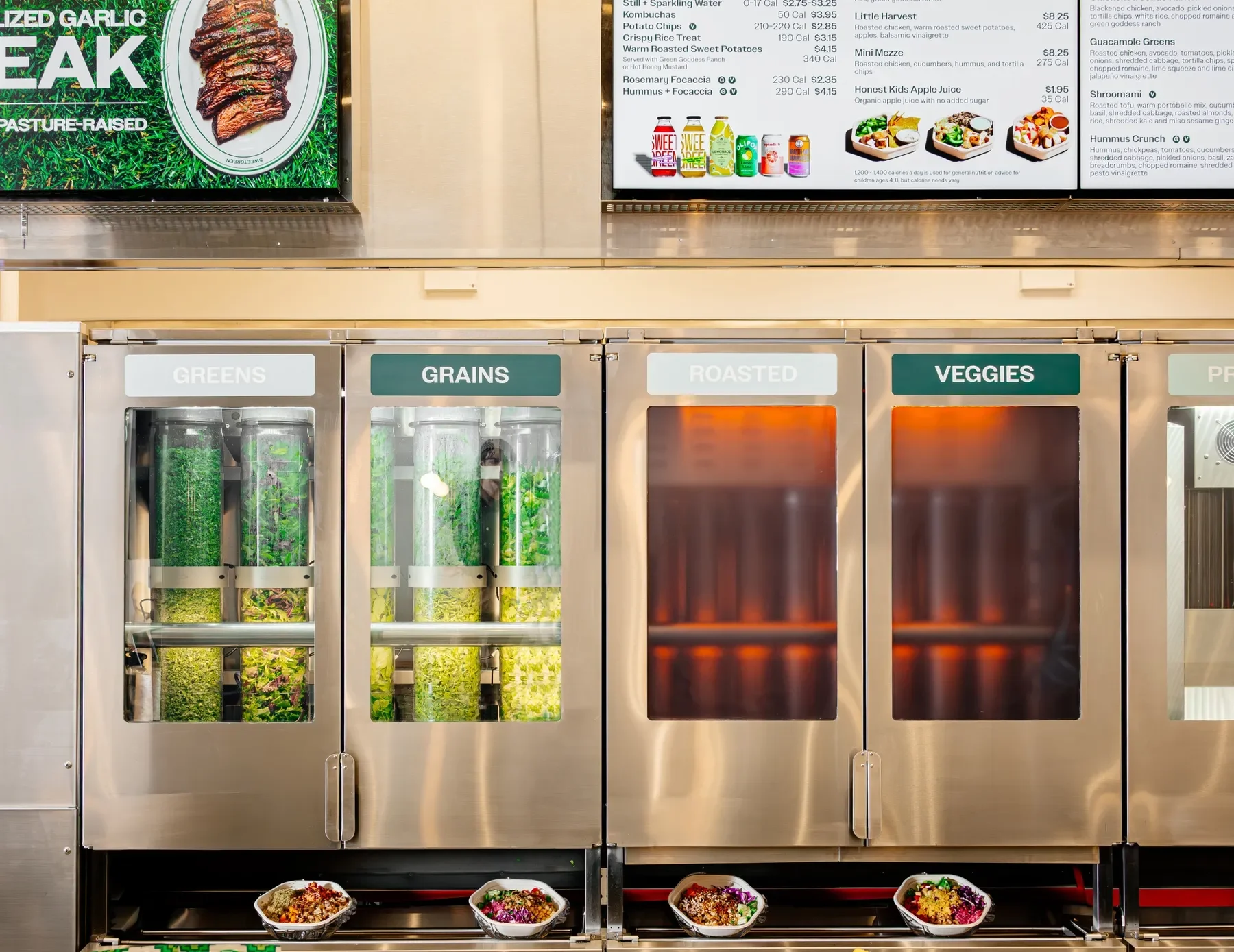
Sweetgreen Sells Its Robotics Division to Wonder Group, But Keeps Using the Tech
Sweetgreen is selling its Infinite Kitchen automation unit to Wonder Group for $186M, but will continue using the robotic bowl-making system in its restaurants. The deal lets Sweetgreen refocus on its core business while Wonder scales the technology across its food halls, using automation to handle menu complexity and improve consistency.

Naïo Relaunches Under New Leadership, Refocuses on Core Farm Robots Ted and Oz
Naïo, the French agricultural robotics pioneer, has been relaunched under new leadership after court approval. The company will streamline operations and focus on its two flagship weeding robots, Ted and Oz, supported by a €6.4M financing package to rebuild production, strengthen dealer networks, and restore farmer confidence.

Appetronix Raises $6M to Scale Brand-Backed Robotic Kitchens
Appetronix has raised $6M to expand its brand-backed robotic kitchens, starting with an automated Donatos pizza unit at Columbus International Airport. Built for high-traffic locations, the system uses Viam’s AI platform for quality control, maintenance, and inventory management—aiming to deliver consistent, 24/7 food service without traditional kitchen staffing.
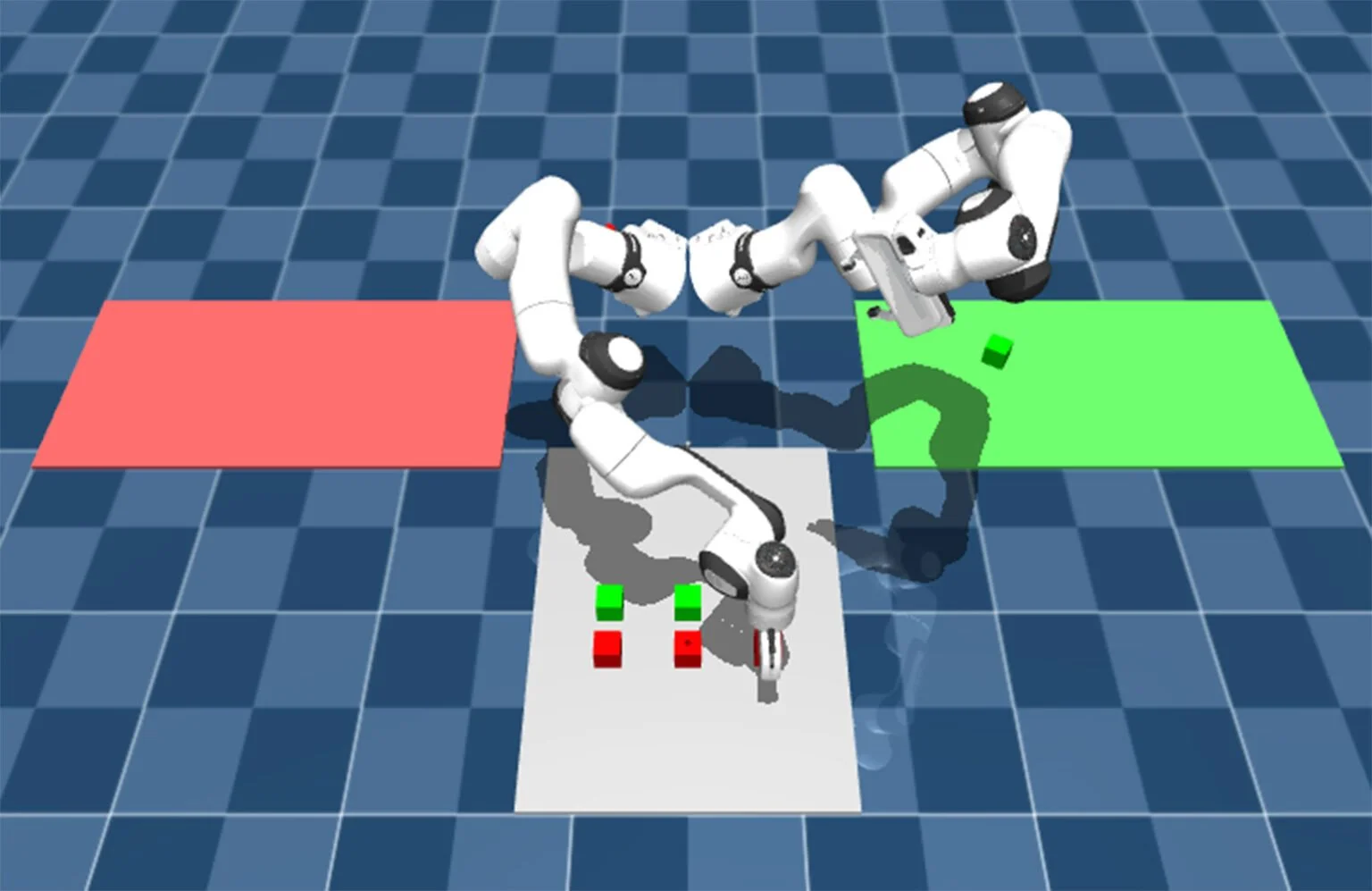
PickNik Expands MoveIt Pro Support for Franka’s FR3 to Accelerate AI Manipulation Research
PickNik Robotics has expanded MoveIt Pro support for the Franka Research 3 (FR3) arm, enabling researchers to rapidly collect training data, simulate tasks, and deploy manipulation policies to real hardware. The integration aims to reduce complexity in AI robotics development and speed the transition from research to practical applications.
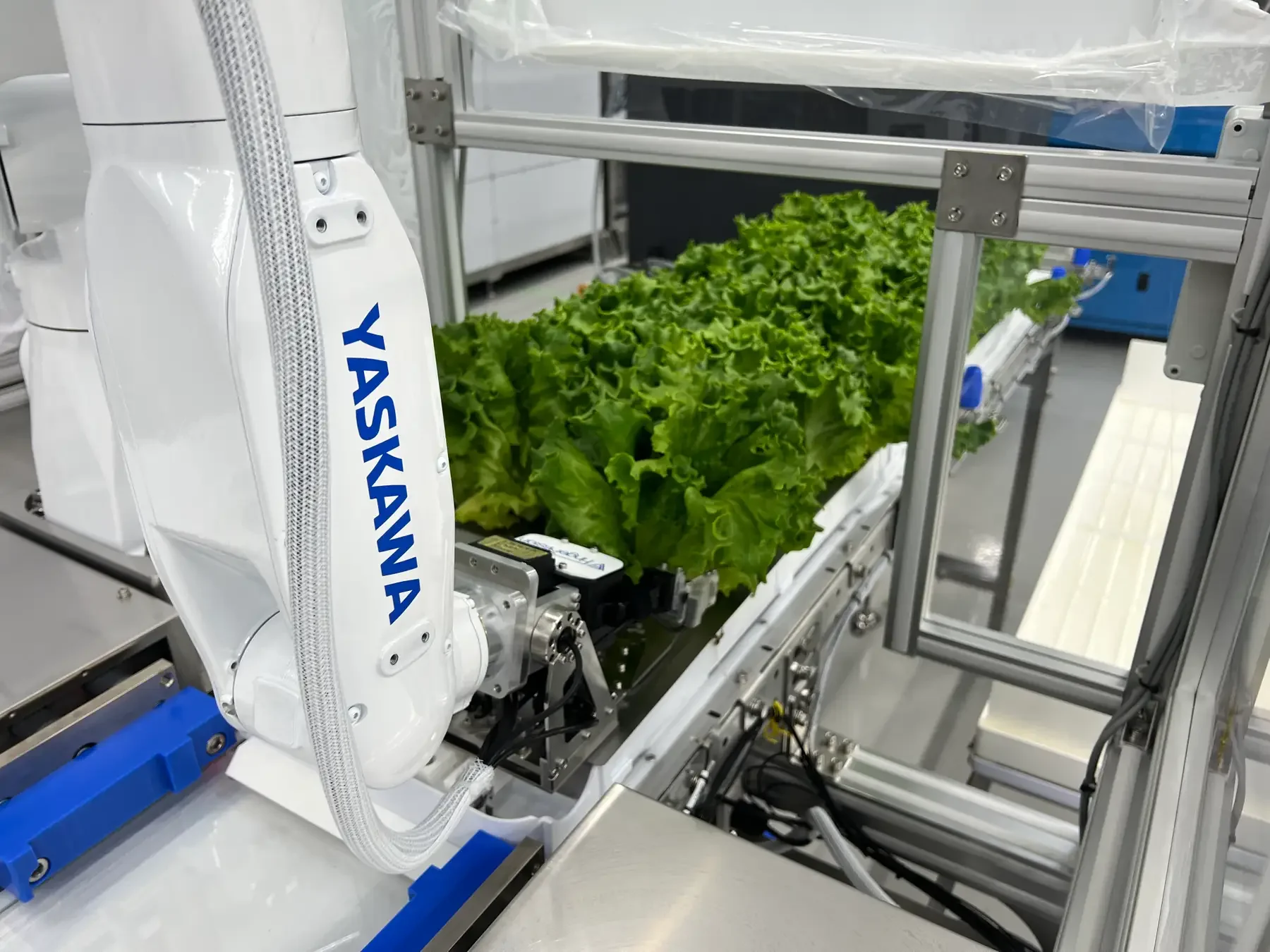
FingerVision Brings “Gentle Touch” Robotics to Automated Lettuce Harvesting
FingerVision has developed a visual-tactile robot that can gently harvest and transfer delicate leafy greens—solving one of indoor farming’s toughest automation challenges. Partnering with PLANTX, the system adjusts grip in real time to prevent damage, enabling reliable, labor-saving harvesting for plant factories in Japan and global markets.

Holman Launches New Robotics Division to Simplify Industrial Automation Deployment
Holman has launched Holman Robotics, a new division offering end-to-end support for industrial automation. The solution combines system design, flexible financing, and lifecycle fleet management to help companies deploy and scale robots across manufacturing, warehousing, and service environments—reducing complexity and accelerating robotics adoption.

Reimagining Mobility: CMU Helps Develop Next-Generation Robotic Wheelchairs
CMU researchers are helping develop a new generation of wheelchairs built around an integrated robotic arm, enabling users to grasp objects and perform daily tasks more easily. Funded by ARPA-H, the RAMMP project combines robotics, AI, and sensor systems to improve independence, safety, and real-world mobility for people with disabilities.
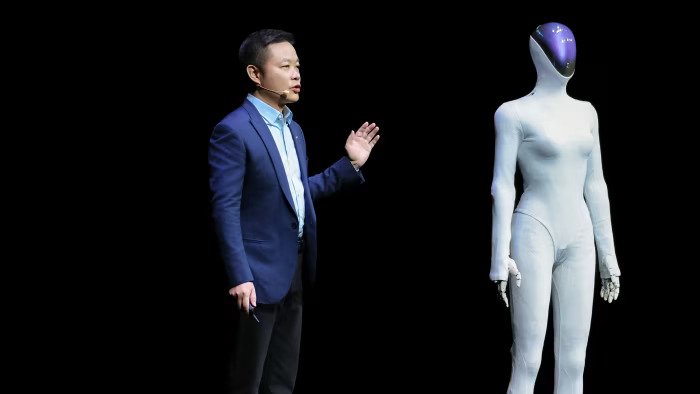
XPeng Moves to Pair Humanoid Robots with Solid-State Batteries
Chinese EV maker XPeng plans to use solid-state batteries in its humanoid robots, aiming for deployment by 2026. The company says robots may help accelerate solid-state adoption due to their safety and energy needs. XPeng is positioning humanoids as factory helpers, sales staff, and AI-enabled service robots.

Adaptronics Secures €3.15M to Scale Electro-Adhesive Gripper Tech for Industry and Space
Adaptronics, a University of Bologna spin-off, has raised €3.15M to scale its electro-adhesive gripper technology for industrial and space robotics. Its EAAL system enables fast, energy-efficient gripping across diverse materials without pneumatic or magnetic parts. The funding will expand production and support European market growth.

ASTM International Unveils Free eLearning Course: “Introduction to Robot Standards”
ASTM International has launched a free online course, Introduction to Robot Standards, designed for students and early-career roboticists. The course covers industrial, collaborative, mobile, and emerging humanoid robot standards, along with safety and compliance basics. Learners earn a shareable digital badge upon completion. Access at: https://robotstandards.training.astm.org/#/

Rolo Robotics Raises $3.45M to Scale Autonomous Hot Food Kiosks Across Asia-Pacific
Rolo Robotics has raised $3.45M to scale its fully autonomous hot food kiosks across Asia-Pacific. The compact, 24/7 micro-kitchens serve customizable meals without on-site staff, targeting campuses, hospitals, offices, and transit hubs. The funding supports deployments in Singapore and Australia, driven by rising labor costs and demand for efficient food automation.

Dobot’s Rover X1 Signals Next Phase of Affordable Home Robotics
Shenzhen-based Dobot has launched the Rover X1, a versatile consumer robot dog priced at 7,499 yuan (~$1,030). Designed for home use, it can carry items, patrol, assist with filming, support education, and offer companionship. With over 5,000 reservations on launch day, it highlights growing demand for affordable, multifunctional home robots.